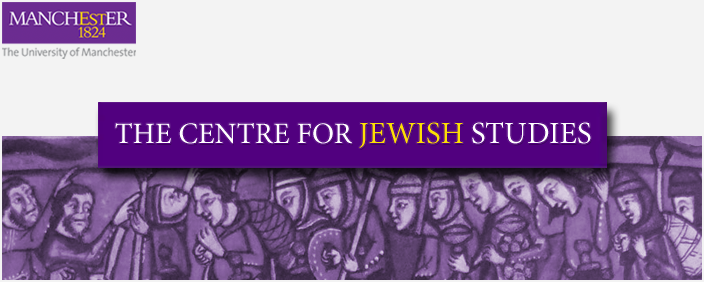Artist's Corner: Leo Mercer - Blogpost 4
 Wednesday, September 30, 2020 at 2:07PM
Wednesday, September 30, 2020 at 2:07PM  Follow Leo Mercer's journey into the 50 Jewish Objects, through his own words.
Follow Leo Mercer's journey into the 50 Jewish Objects, through his own words.
SCROLL
leoe
Note for Readers
When I was growing up, we'd go to shul (synagogue), and listen to the ba’al koreh reading the Torah scroll in Hebrew from the bimah, following along from the pews with a translation.
The sense that the written and the spoken word are two different things runs right through the Orthodox Judaism I grew up with - most fundamentally, in the difference between torah she-bichtav and torah she-ba’al-peh, the written law (the bible) and the oral law, there to help unpack the knotty, multi-layered, contradictory written text.
*
When looking at the 50 Jewish Objects exhibition, it felt like I was scrolling back in time on a Twitter feed, little moments popping up from the past with something they wanted to say:
“hey I’m trying really hard here to make the biblical laws work in 14th century France rn!
and:
“woah how have i not used these magical healing remedies before? lovin life right now”
and:
“everybody check out this thing i wrote about zionism! pls share!”.
Presented as if Jewish history happened in a day and we’re casually scrolling back over its busy, intense and varied happenings, the ten objects I've chosen to respond to with my poems all imply a different relationship to "tradition" - say, a Berlin play about trying to break from tradition, or a marriage contract in Calcutta celebrating the continuation of tradition. Some are about being in a foreign culture, keeping up with the Jewish traditions - others about trying join the equally long Jewish tradition of trying to escape Jewish tradition.
*
When I first developed my idea of “free spelling” in poetry, it was trying to distil something of the linguistic pluralism of the internet into something poetic, relishing in letterplay, the beauty of spelling, and heeding H G Wells’ exhortion to “Spell, my brethren, as you will!”. My favourite poets - Shakespeare, ee cummings, Steve Roggenbuck - play with language like it’s one big game, not taking itself too seriously except in genuinely serious moments.
By bringing this approach into dialogue with Judaism, with a written text along with an accessible audio version, it’s like I’m returning to that same dichotomy of torah she-bichtav and torah she-ba’al-peh - a challenging, rich, elusive written word, but with a benevolent, guiding oral tradition to bring it down to earth.
 authorized web editor | Comments Off |
authorized web editor | Comments Off | 


